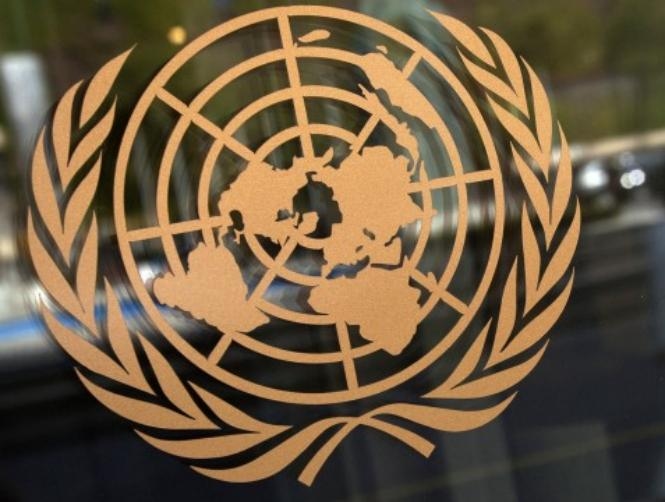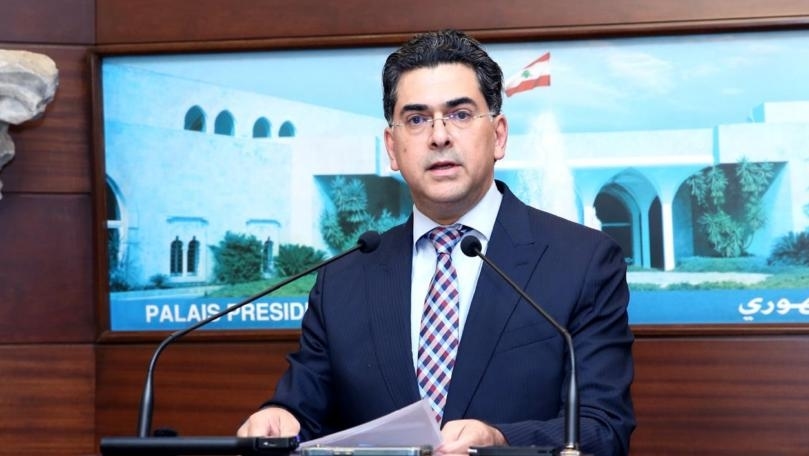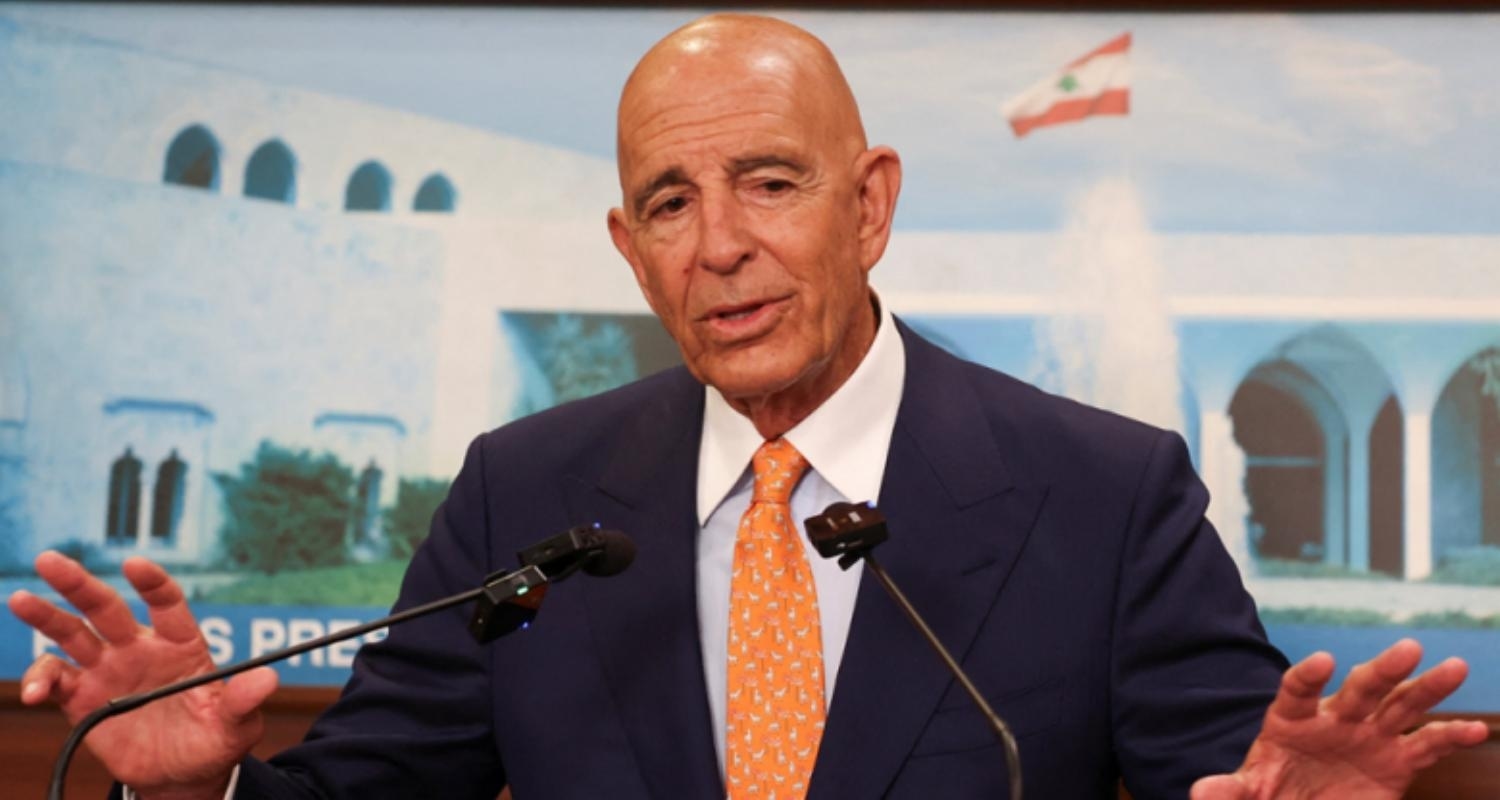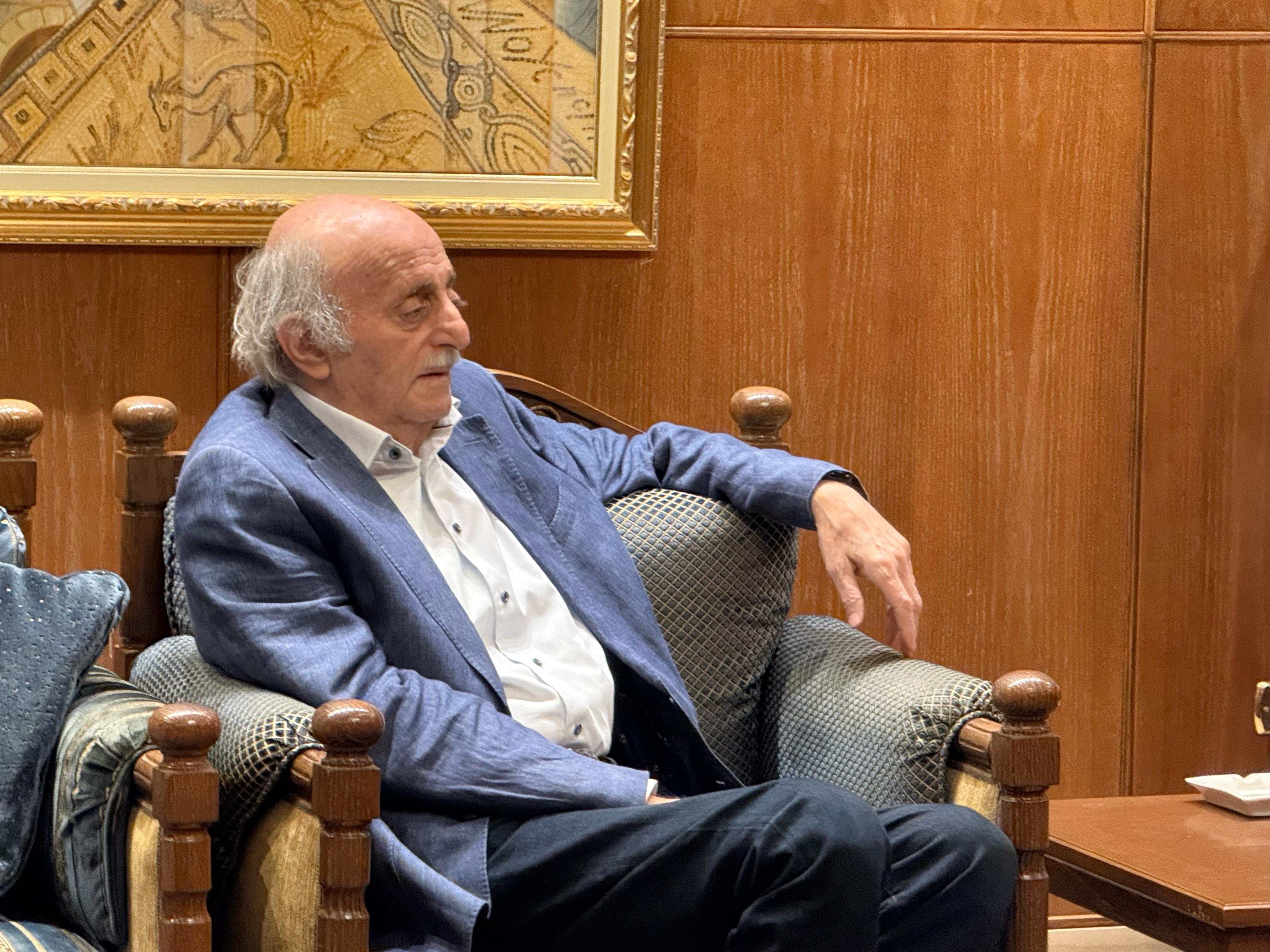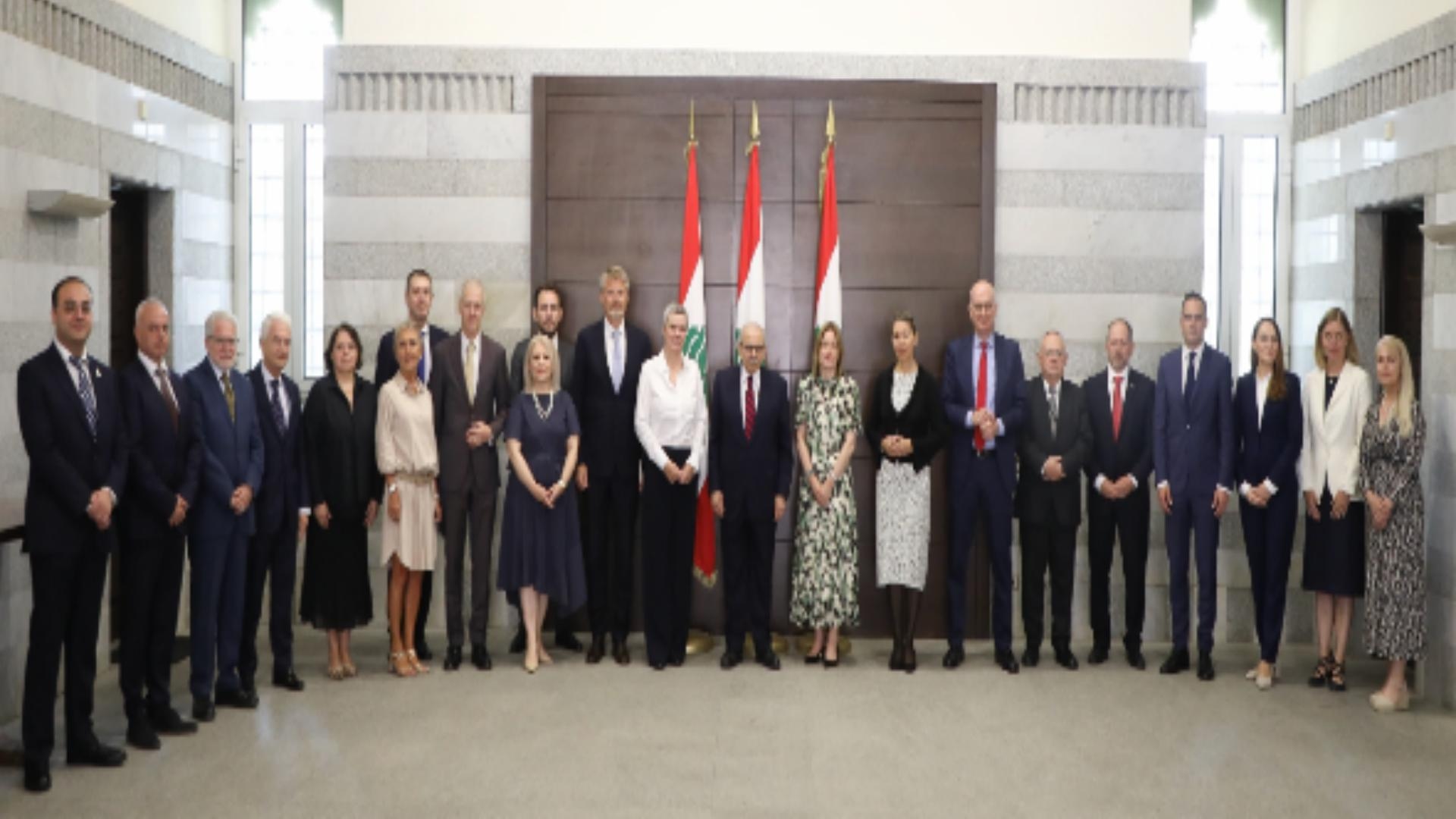Reuters
The United Nations says it bracing for the world's biggest and most complex humanitarian effort in the upcoming battle for the Iraqi city of Mosul, which could make up to 1 million people homeless and see civilians used as human shields or even gassed.
U.S.-backed Iraqi forces are preparing for the long-anticipated assault on the last major Islamic State bastion in Iraq, potentially the biggest battle in the country since the U.S.-led invasion of 2003.
The assault of Mosul could begin by the end of this month, according to Iraqi sources including a government security advisor, a provincial official and an army field commander.
Islamic State fighters are dug in, expected to fight hard and have a history of forcing civilians to stay in harm's way during previous battles to defend territory.
With a pre-war population of around 2 million, Mosul is by far the biggest city held by the militants - around 4-5 times the size of any other city recaptured so far from the fighters, who swept through northern Iraq in 2014 and also hold a swathe of Syria.
"The worst case scenario in Mosul would look something like this: you would have mass expulsion of hundreds of thousands of people. You would have hundreds of thousands of people who are held as human shields," said Lise Grande, the U.N. Humanitarian Coordinator for Iraq.
"You would have a chemical attack that would put tens of thousands, hundreds of thousands or maybe even more at grave risk. If all that were to happen at the same time it would be catastrophic," said Grande, noting that Islamic State has said it could use chemical weapons to defend the city.
"In order to house and support and accommodate 1 million people at dignified standards we would be looking at an operation of $1 billion," she said.
That is more than four times the $230 million the international body has received so far for the effort, funds which have only recently arrived.
So far, a total of six camps have been built that can accommodate 50,000 people. Efforts are underway to construct 11 more, said Grande.
Grande and Iraqi officials are hoping residents can stay home as long as possible to avoid being caught up in the crossfire once the shooting starts, and to avoid a mass exodus that would overwhelm relief efforts.
Of the up to 1.5 million people believed to be in Mosul now, around 200,000 are expected to try and escape as Islamic State digs in for its most important fight.
"If you were to see a forced population movement of more than 150,000 people, at that stage there isn't an institution in the world that could cope with that scale of movement," said Grande. "What we are hoping is that the population movement is staggered. That it doesn't happen all at once."
Islamic State swept into Mosul in 2014 with virtually no resistance from the Iraqi army. Its leader, Abu Bakr al-Baghdadi, declared a caliphate and his followers took control, beheading or executing anyone suspected of opposing them.
Mosul is a predominately Sunni city located in one of the most ethnically diverse parts of Iraq.
Apart from the Iraqi army, an array of other forces aim to join in the battle against Islamic State, from Shi'ite militias to the peshmerga security forces of Iraq's Kurdish autonomous region, to a Sunni force backed by Turkey.
The wrong mix could deepen sectarian divisions after Mosul is attacked, risking all-out civil war and more hardship.
Securing aid resources is difficult when much of the Middle East, especially Syria, is locked in war. There are already more than 3 million people displaced in Iraq in connection with conflicts with Islamic State. Next door, 11 million Syrians are displaced.
The United Nations has tried to understand what life is like under Islamic State in cities like Mosul, and has been in touch with informers inside the city since Islamic State arrived.
The findings are grim. The price of food has risen sharply. Medicines are in short supply, even for the gravely ill. Many children are not in school.



